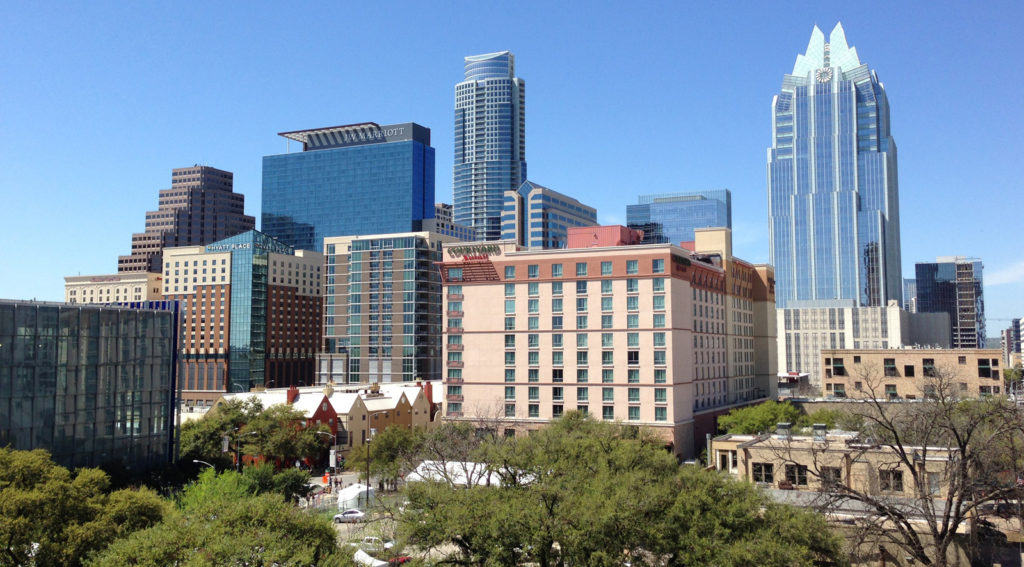Austin is one of the fastest growing cities in the United States. One of the advantages of this growth has been significant growth in healthcare options. Treatment centers for those suffering from a substance use disorder have also grown in number. It is easier than ever to find an alcohol or drug rehab center that meets your needs within Central Texas.
Options for treatment programs
Research has demonstrated that people suffering from alcohol or drug addiction need long-term support. A detox, followed by a 30-day program, or regular 12-step meetings such as those held by AA or NA, isn’t enough for most. Most individuals benefit from a “continuum of care.” This means a range of programs, that begin with tight controls and accountability. As the person heals, control loosens and personal responsibility increases. The recovery center will work with the family to build a supportive environment to help the addict lead a healthy and happy life. Many in recovery participate in recovery communities that include 12-step programming for life.
Residential treatment
Residential care is exactly what it sounds like, the client lives on site. They benefit from living in a safe and secure environment, as well as onsite counseling, therapy, and accountability. There are different types of residential drug and alcohol rehab programs.
- Inpatient hospitalization – this may, or may not, be within an actual hospital. Generally, these are stand-alone facilities. The facility offers strict supervision. There is both clinical and medical oversight. The program is highly structured and includes a variety of therapies, often tailored to the specific needs of the person. Inpatient programs vary in length – longer is better. A minimum stay is typically 30-90 days.
- Extended care – this is a newer type of program that bridges the gap between full hospitalization and outpatient programs. Extended care programs are less structured and less expensive than inpatient programs. They are great for those that need additional support for co-occurring mental health disorders, or those suffering a relapse.
- Sober living – sober living is really not a treatment program. Sober house programs provide a supportive living environment for recovery. Residents are held accountable, work on life skills, and form important social bonds that make recovery from addiction easier. Residents in sober living attend regular 12-step meetings and may participate in an intensive outpatient program. The combination of a sober living and an outpatient treatment program can be an effective way to seek drug rehab at a lower cost.
Outpatient programs
As the name implies, clients live elsewhere when participating in an outpatient addiction treatment program. Some choose to stay at home where they can continue to parent, attend school, or work. Many opt to live in a sober house. Outpatient programs are also far less expensive than a residential program. Outpatient programs also vary in the services they provide. Among the most common outpatient programs are:
- IOP – formally known as an intensive outpatient program. An IOP meets 3-5 nights a week. Some programs offer 20-30 hours of programming per week. Top tier programs are designed and run by masters’ level or above addiction professionals. Participants get both individual and group therapy, as they work towards life-long sobriety. Accountability includes frequent drug testing.
- 12-Step groups – Alcoholics Anonymous is the original 12-step program and originated from a book first published in 1939. Today, a variety of programs have spun off this concept and include programs focused on alcohol, narcotics, gambling, and other addictive behaviors. There are also programs for children of, spouses of, and family. Most treatment programs use the 12-steps as a key part of recovery. Attendance is free, and the recovering person can attend for life.
Family support
When someone is an addict or alcoholic, everyone around them is suffering too. The family needs support and healing too. Additionally, people seeking to recover from addiction are more successful when they have family support. As research has increasingly proved both points, rehab centers increasingly offer family programs. Support for the family varies as well. Family support groups are common and free to attend. Many addiction treatment programs offer a family support group. Some have formal family support programs that offer both educational and therapeutic components. Al-Anon and Nar-Anon are national organizations that have family support groups across the country.
Paying for rehab
Treatment options for drugs and alcohol addiction vary considerably within the Austin recovery community. “Best” will likely be a combination of needs and budget. Insurance does cover alcohol and drug rehab. Most centers offer help determining what is covered by your policy. Their well-trained insurance specialists will fight on your behalf to get you the type of coverage and length of treatment you need. Those who cannot afford, and don’t have insurance coverage also have options available. While 12-step groups offer better success after participation in a formal addiction treatment program, some people achieve success via regular meeting attendance. There are options for formal treatment programs that are free or more affordable. The intake counselors here at The Arbor will also help you find the treatment you need if our program isn’t a fit. Give us a call. We’re here to help.


